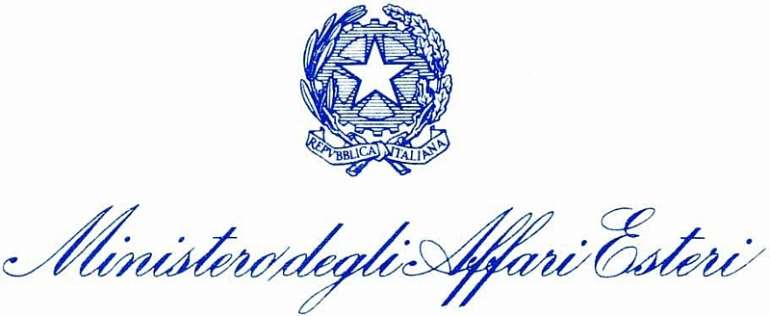Euro-Mediterranean Cooperation: Deputy Minister Dassù in Mauritania

ROME, Italy, April 17, 2013/African Press Organization (APO)/ -- Strengthening Euro-Mediterranean dialogue, analysing major regional crises such as Syria and Mali, security, and economic cooperation. These are the key issues on the agenda of the 10th Foreign Ministers' Meeting under the 5+5 Dialogue. The meeting of the 5+5 countries – Italy, France, Malta, Portugal, Spain, Algeria, Tunisia, Libya, Morocco and Mauritania –, in Nouakchott in Mauritania, is being co-chaired by Deputy Minister Dassù. Attending as observers are the European Union, the Arab Maghreb Union, the Union for the Mediterranean, the Parliamentary Assembly of the Mediterranean and the Arab League.
Freedom, democracy and human rights
Proceedings will focus on: strengthening the 5+5 and its synergies with Euro-Mediterranean cooperation initiatives; analysing the main regional crisis scenarios (Syria, Mali); security issues; and global questions (migration, young people, the economy, the environment, food security, renewable energy, water). Participants will reiterate their common determination, which also emerged clearly from the Summit of 5+5 Heads of State and Government in Malta in October 2012, to reaffirm the new impetus for dialogue and collaboration between the northern and southern shores of the Mediterranean. A collaboration based on shared values of freedom, democracy and respect for human rights.
A new impetus from Italy for the euro-Mediterranean dialogue
Today, Italy hands the co-Presidency baton, for the northern Mediterranean, to Portugal. The last 5+5 Foreign Ministers' meeting, in Rome on 20 February 2012, marked a turning point in revitalising euro-Mediterranean dialogue on new and stronger foundations. Not just a shared interest in security and development, but also the shared values of democracy, freedom and human rights, the goal being not just to build on all that has been achieved thus far, but to further expand the sphere of cooperation in the region.
More cooperation in the health sector
At Italy's initiative, the agenda for the Nouakchott meeting will also include innovative topics such as coordination mechanisms between the different sectors encompassed by the 5+5, closer liaison with the planning capacities of the EU and Union for the Mediterranean, and a deeper analysis of the scope for cooperation in specific sectors (youth affairs, culture, support for SMEs, and mobility partnerships). During the meeting, Italy also intends to propose that cooperation be extended to health, and to other targeted but symbolic initiatives such as training for female diplomats and support for young disabled people (the Handy Cup project). Just as significant was the decision, supported by the Italian co-Presidency, to extend the Foreign Ministers' meeting to representatives from member states' civil society organisations.
Dassù: Security and democracy are priorities
Political transition, security and economic cooperation are the pillars for 5=5 dialogue cooperation, said Deputy Minister Dassù. “Building democratic governments and societies requires time and compliance with certain fundamental principles, such as human dignity, the rights of minorities, and religious tolerance”, she underscored. The Deputy Minister also mentioned the Italian Foreign Ministry's recent “Women in Diplomacy” initiative: a training course for young women from Mediterranean countries wishing to embark on a diplomatic career.
As for regional security, “We need to control state borders to break the vicious circle between international criminal networks and terrorism”, explained Dassù. She added that “Italy supports the idea of a European initiative to help Libya control its borders”. And lastly, economic cooperation. “We five European countries of the 5+5 group have fought to increase European funding for the Maghreb, but budget constraints are still very tight. We'll continue to press for funding and to launch new investment projects”, was Deputy Minister Dassù's assurance.
